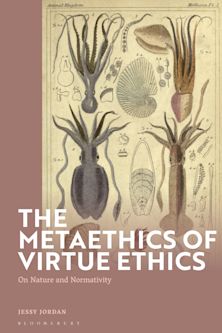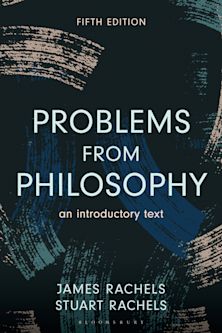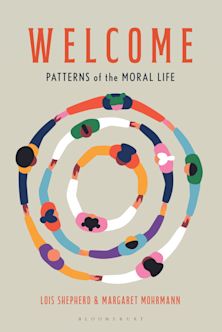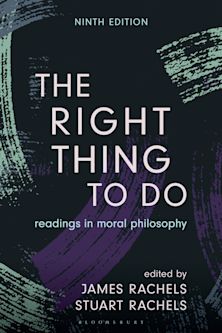The Moral Psychology of Trust
This product is usually dispatched within 1 week
- Delivery and returns info
-
Free CA delivery on orders $40 or over
Description
Is it good to be trusting, or should we be wary of trusting others? Trust seems to be the basis of large-scale social cooperation and even of democracy itself, but in recent years many commentators and researchers have lamented the dawn of a post-trust era. Edited by David Collins, Iris Vidmar Jovanovic, and Mark Alfano, The Moral Psychology of Trust examines trust from a variety of perspectives in philosophy and the social sciences. The contributors explore topics such as the nature of trust and its connection to a range of other emotions, conditions under which it is good to be trusting and trustworthy, and what role trust might play in our intellectual, moral, and political lives. The chapters apply theoretical perspectives on trust to a number of issues of current concern, including how trust can and should function in conditions of social oppression, trust and technology, trust and conspiracy theories, the place of trust in medical ethics, and the ethics of trust in a variety of interpersonal relationships.
Table of Contents
Part I: Theoretical Issues in the Moral Psychology of Trust
Chapter 1. Trust, Demographic Thresholds, and Cooperation in Social Evolution, by Charles Stanish
Chapter 2. A Phenomenological Analysis of Trust and Betrayal, by J. Keeping
Chapter 3. Trusting is Believing, by Miriam Schleifer McCormick
Chapter 4. Trusting Our Moral Intuitions, by Nenad Mišcevic
Chapter 5. On the Human Necessity of Trusting: A Case for Viewing Trust as a Neo-Aristotelian Virtue, by Tiger Ziyu Zheng
Chapter 6. Trust, Mistrust, and Autonomy, by Edward Hinchman and Andrea Westlund
Part II: Trust and Distrust in Conditions of Oppression
Chapter 7. Towards a Feminist Theory of Distrust, by Hale Demir-Doguoglu and Carolyn McLeod
Chapter 8. Self-Deception, Strategic Self-Distrust, and Oppression, by Jordan MacKenzie
Chapter 9. Dialogical Trust and Procedural Justice, by Natalie Stoljar
Part III: Trust in
Product details
| Published | May 31 2023 |
|---|---|
| Format | Hardback |
| Edition | 1st |
| Extent | 352 |
| ISBN | 9781666921595 |
| Imprint | Lexington Books |
| Illustrations | 1 b/w illustrations; 4 tables; |
| Dimensions | 237 x 158 mm |
| Series | Moral Psychology of the Emotions |
| Publisher | Bloomsbury Publishing |
Reviews

ONLINE RESOURCES
Bloomsbury Collections
This book is available on Bloomsbury Collections where your library has access.



































